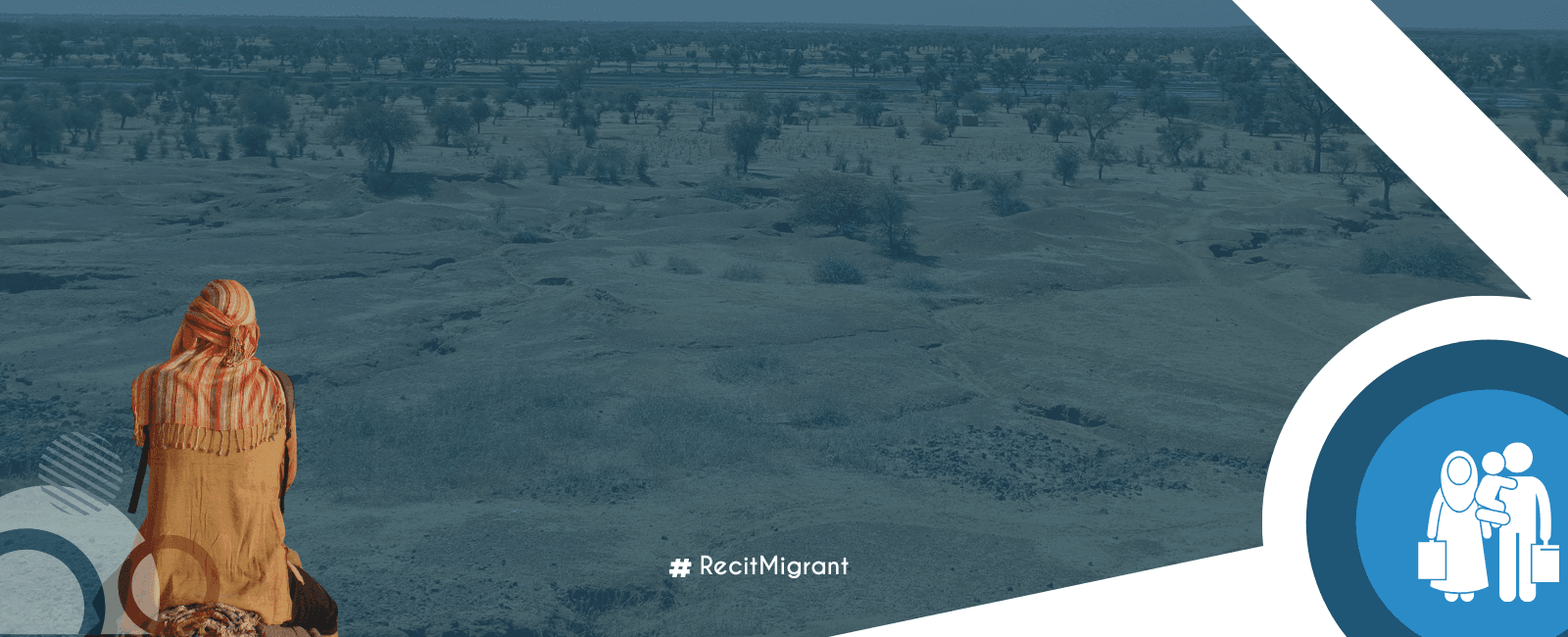

Along the border between Algeria and Niger, the desert has become a human battleground. The 2024 report Alarme Phone Sahara uncovers a deepening humanitarian crisis marked by a surge in brutal deportations and tragic loss of life. Driven by a controversial alliance among Maghreb States, these forced expulsions are compounding the suffering of sub-Saharan migrants, abandoned in one of the harshest environments ever. The report calls for urgent international action to restore dignity and bring justice at these desolate and deadly no man’s land at the border.
Fatal deportations
Alarme Phone Sahara reports several deaths in 2024 on the border between Algeria and Niger. In May, five people died in the desert between Point Zéro and Assamaka. Additionally, three migrants, including a three-year-old girl, passed away at the Assamaka clinic, while a Pakistani man who had been deported died in October after a brief illness. These incidents underscore the severe dangers faced by deported migrants, who are often left vulnerable, injured, ill or exhausted in the harsh desert conditions.
Alarme Phone Sahara has also condemned the brutal conditions in which deportation convoys operate. For example in August 2024, 1,018 people, including 38 adult women and 193 minors, were deported in official convoys. Another 339 individuals were abandoned in unofficial convoys. These figures reveal the magnitude of the issue and expose the varying scenarios of deportation, many of which are linked to human rights violations.
Regional coordination at the expense of human rights
The mass deportations are the result of increased coordination between Maghreb countries: Tunisia, Algeria and Libya, encouraged by European policies that push for tighter control of migration. In April 2024, a Maghreb alliance was formed to combat migratory flows along the trans-Saharan routes. While this coordinated effort aims to reduce migrant arrivals, it does so at the expense of their safety and dignity.
Data compiled by Alarme Phone Sahara shows that between August and December 2024, ‘official’ convoys deported 8,666 people, many of whom were children and adolescents from Niger. Additionally, Alarme Phone Sahara reports that 2,940 people were abandoned in the desert during ‘unofficial’ deportations and forced to walk to Assamaka under harsh and dangerous conditions.
Precarious conditions in Niger
Once deported, migrants often find themselves stranded in towns like Agadez and Assamaka, lacking the resources to either continue their journey or return home. Due to the limited capacity of the International Organisation for Migration (IOM) reception centers, many are forced to live on the streets or in informal settlements. Voluntary repatriation programmes, where available, have been slow to implement, leaving migrants in precarious situations for extended periods.
Alarme Phone Sahara’s report provides several examples of this grim reality. On December 6, 2024, 799 people were deported to Assamaka in official convoys, including 585 men, 38 women, 64 underage girls and 47 underage boys. Additionally, 65 people arrived in unofficial convoys, most of them from Niger and Mali. These large-scale deportations highlight the severe logistical and humanitarian challenges faced by Niger.
Consequences of Alliance of Sahel States (ASS) and Algeria tensions on sub-Saharan migrants
Tensions between Algeria and Mali escalated after the Algerian army attacked a Malian drone on the night of 31 March to 1st April 2025. These tensions have since spread to the other countries of the Alliance of Sahel States (ASS). In this climate of crisis, the intensification of migration control measures is expected to disproportionately affect sub-Saharan migrants. As a result, mass expulsions of sub-Saharan migrants to Niger are anticipated. According to the NGO Alarme Phone Sahara, all organisations must be prepared to assist the migrants who will be deported into the harsh conditions of the Niger desert.
Urgent call for action
Alarme Phone Sahara is calling for an immediate halt to deportations carried out under dangerous conditions. The organisation demands the provision of adequate, dignified humanitarian aid and the establishment of safe migration routes. Additionally, Alarme Phone Sahara stresses the importance of revisiting agreements between Maghreb countries and European Union members to ensure the protection of migrants’ human rights.
In 2024, trans-Saharan migration continues to highlight the flaws in current migration policies. This report raises critical questions about the humanity and effectiveness of these practices. The figures presented underscore the scale of the crisis and the urgent need for action to protect the lives of those fleeing for survival.
Recently Published
Subscribe to our newsletter!
Quick Links


